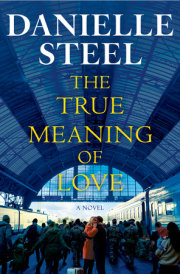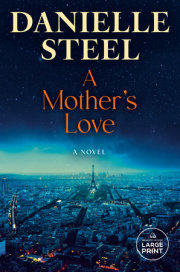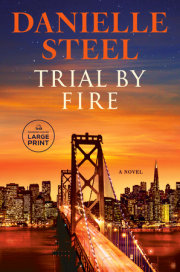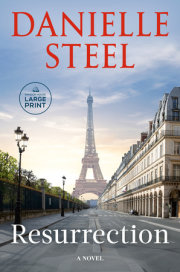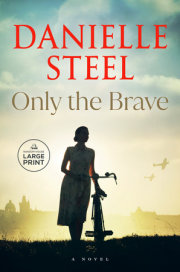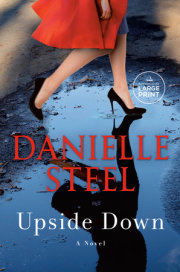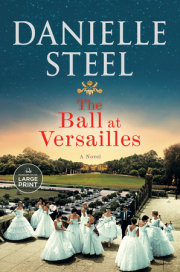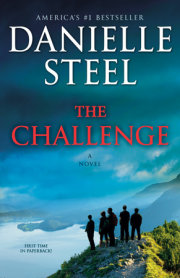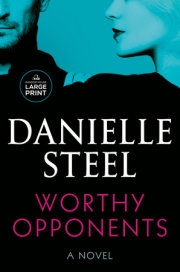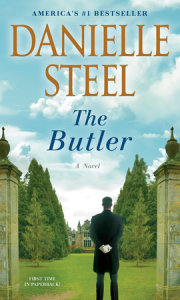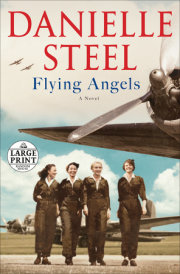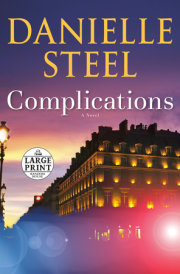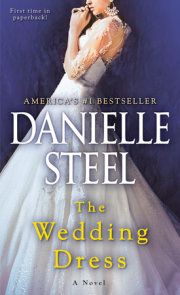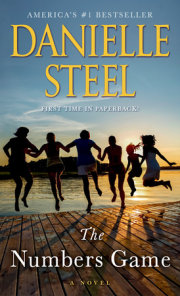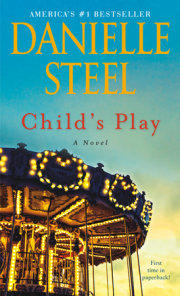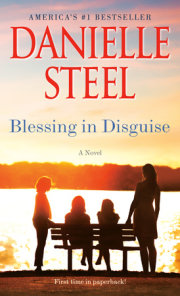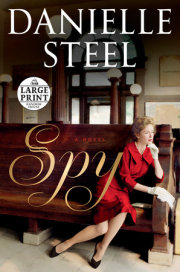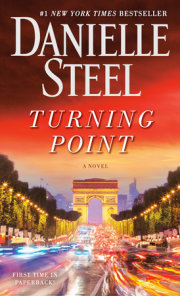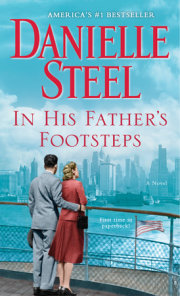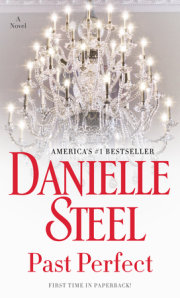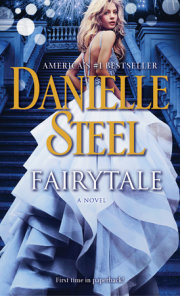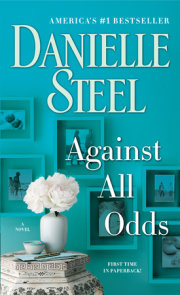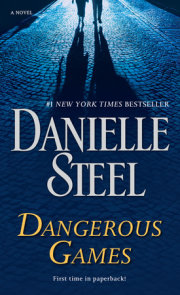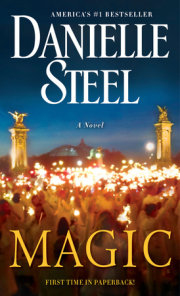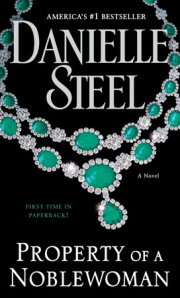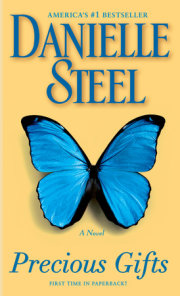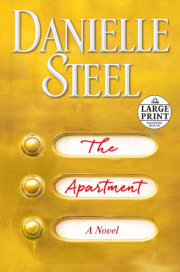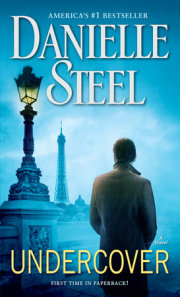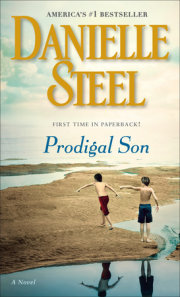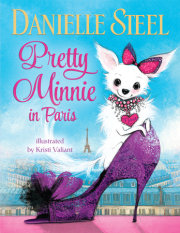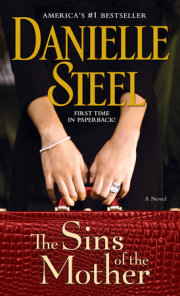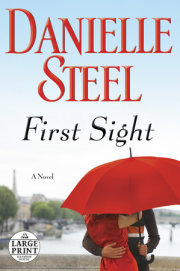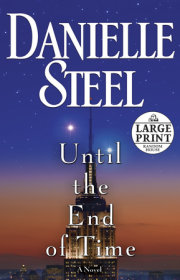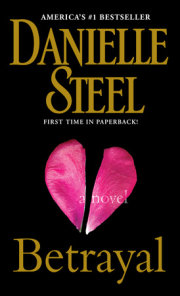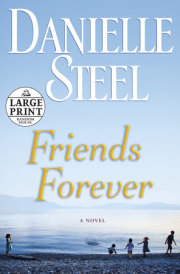Chapter 1
Crowds of students began congregating outside Royce Hall Auditorium at UCLA two hours before Congressman Patrick Olden was scheduled to speak, an hour before they opened the doors. He had been invited by an enterprising professor, who taught a class on citizenship and public service, open to juniors and seniors. But once the congressman accepted, he had sent out notices to all political science majors, and the auditorium was expected to be full. They were estimating that two thousand students would be there. And judging from the number of people waiting for the doors to open, there might even be more. He was a popular congressman, with a liberal voting record dedicated to the underdog and was known for championing minorities, including women, and sympathetic to the issues of youth and the elderly. And he had four kids of his own. He was married to his childhood sweetheart, and everybody loved him. The students were excited to hear him speak that day.
The crowd was orderly once the doors were open, on a brilliantly sunny, warm October day. Olden was scheduled to begin addressing them at eleven, with time set aside for questions from the audience after his speech. He was scheduled to have lunch with the chancellor afterward and fly back to Washington that afternoon. Getting him there at all had been a major coup. It wasn’t for a commencement address, or a law school graduation, it was just a class, and all of them were thrilled to have him there. Luckily it had dovetailed with his plans and a meeting with the governor the day before, and a dinner in his honor to receive an award. Pat Olden was a beloved figure with both young and old.
One of his own kids, his oldest son, was at USC, and he had breakfast with him that morning. Patrick Olden appeared on the stage less than ten minutes late, while they waited backstage for the crowd to settle down. He stood at the podium with his warm smile, his eyes sweeping the crowd. You could hear a pin drop in the room when he began, and students without seats sat cross-legged in the aisles, and stood at the back of the room. They paid rapt attention to everything he said about government today, and what their responsibilities would be if they chose a career in politics. He talked about his own college days and explained what he was trying to do on the various committees he was on, and went into considerable detail. He had already been in office for three years, had done considerable good with the bills he proposed, and this was not an election year for him. He sounded earnest and sincere, and the audience hung on his every word and greeted him with thunderous applause when he was through. He looked pleased. He was the perfect role model for them. The professor who had invited him opened the question and answer period, and a hundred hands shot into the air. The questions were pointed and intelligent and relevant to what he had said. They were twenty minutes into it when a boy in the third row stood up as soon as the congressman pointed at him, and looked him in the eye with a welcoming smile.
“What’s your position on gun control now?” the young man asked him, which was a topic he hadn’t touched on that day and didn’t want to. He was gentle but firm in his views in favor of gun control, but it was a sensitive issue that had had no place in his talk, advising them about careers in government and it was a subject he had chosen to avoid. The boy who asked the question had neatly combed blond hair, was clean-shaven, and was wearing a blue shirt and an army surplus jacket. He looked orderly and well-groomed, but didn’t smile back when Pat Olden smiled at him, and someone said later that the boy looked unusually pale, as though he hadn’t seen daylight in a long time.
Pat Olden began answering his question with a serious expression. “I think you all know how I feel about it. Despite the provision in our Constitution that gives us the right to bear arms, I think that terrorism is an important factor today that can’t be ignored. And guns too easily fall into the wrong hands. I feel,” he said, and before he could finish his sentence or reiterate his position, the young man in the blue shirt and army jacket pulled a gun out of his pocket and, barely pausing to take aim, shot him squarely in the chest, and then followed with a shot to his neck. The congressman fell forward across the podium and then slid to the ground gushing blood, as students throughout the room began to scream. Security guards rushed forward, along with two bodyguards who had accompanied him. People began running toward the exits, others crouched on the ground, as the boy with the gun shot the girl sitting next to him in the head, and then shot randomly into the crowd, while guards in uniform rushed toward him and he killed two of them when they approached. The seats on either side of him were empty by then, and he ran swiftly across them shooting at other students trying to run from the room. He shot three in the back and another girl in the head. There were bodies lying everywhere as a crowd on the stage was ministering to the fallen congressman. There was blood all over the stage, as people continued to scream in terror and grief watching their classmates being killed. And knowing exactly what he was doing, the shooter saved the last round for himself. A university guard in uniform was within a foot of him and was about to grab him, as the shooter hesitated for only a fraction of a second, deciding whether or not to kill him, and then shot himself in the head, and ended the carnage he had begun only minutes before. The entire episode had taken exactly seven minutes, and eleven students and two guards lay dead, eight more had been injured, and the congressman was unconscious, covered in blood as paramedics rushed him from the auditorium on a stretcher. There were already a dozen emergency vehicles outside and more on the way, as university police attempted to control the crowd, to no avail. Several of them had been trampled on the way out and were injured too. All you could hear was crying and screaming in the room, as two thousand students had attempted to escape.
Police had rapidly surrounded the lifeless form of the shooter, and a policeman checked his pockets for ID. Moments later paramedics took him away. His brain was smeared across the seats around him.
It took hours to get injured students to hospitals by ambulance, remove the dead, clear the area, and begin to calm everyone down. Two of the victims died on the way to the hospital, which brought the student death toll to thirteen. It was a scene of carnage and grief, which, sadly, was not entirely unfamiliar in the world of campus violence today. It was an event that had happened before. All network programming was interrupted, with on-the-scene reports of the shooting at UCLA. Congressman Olden was listed as in critical condition, hovering between life and death from the wounds in his chest and neck, and he was in surgery at last report, while surgeons fought for his life.
Within an hour, the identity of the shooter was on the air. He was a pre-law student who had dropped out the year before, and had a history of mental instability. He had evidenced signs of mental illness for a year before he left school. He had refused treatment while at UCLA and had previously been admitted to a psychiatric hospital while in high school. He had been reported in college for threatening an ex-girlfriend with a gun when she dated someone else, but he had never injured anyone before. He was nineteen, currently living in an apartment by himself, and working at a pawnshop, where he had bought the gun he had used that day. And his parents weren’t reached for comment until later that afternoon. His mother was incoherent with grief as police led her from her home for questioning, and his father was reported to be away on a fishing trip. Neighbors, when asked to comment, said he was a nice boy, always polite, although a little strange. He was obsessed with computers, rarely left his place except for work, and seemed to have no friends. He had been a loner all his life. And the portrait of him painted by those who knew him, teachers, co-workers at the pawnshop, neighbors, all presented a classic image of a mentally disturbed boy who had somehow slipped through the cracks of treatment and run amok, killing sixteen people that day, including himself, and injuring seven others including the congressman. It was a wanton waste of life, and police believed that he had gone there to kill Pat Olden, for his stance on gun control, since he had been armed and taken a seat in the third row.
The campus was closed immediately, classes stopped as news got around, and crying students congregated everywhere, with their arms around each other, mourning lost friends.
Pat Olden’s wife, already on a flight to Washington that morning, after the awards ceremony the night before, was told what had happened to her husband. She was on a chartered plane, which landed in Denver. Pat Olden was still in surgery but was not expected to survive, and his wife called their four children while on the ground before they headed back to L.A. Their oldest son, at USC, was already at the hospital, waiting outside surgery. He had been in class when he heard, and a friend at UCLA sent him a text even before it hit the news.
Everyone was in shock, and by late that afternoon, another of the victims had died from his wounds, a member of the university police. It was one of the worst shootings of its kind, compared to others in recent years, and events like it were precisely why Pat Olden was opposed to guns, readily available, and too often in the wrong hands in today’s world. The boy in the blue shirt had proven him right, yet again.
***
Blaise McCarthy sat in her office at the network in New York, watching the images of crying, hysterical students, and the reruns of what had happened, from a video taken on someone’s phone, which was a crazy jumble of visuals captured while the person who had recorded them hid under a seat at the back of the room. All you could really see was people running, and hear horrible screams and gunshots as the shooter took his victims down.
Copyright © 2014 by Danielle Steel. All rights reserved. No part of this excerpt may be reproduced or reprinted without permission in writing from the publisher.




